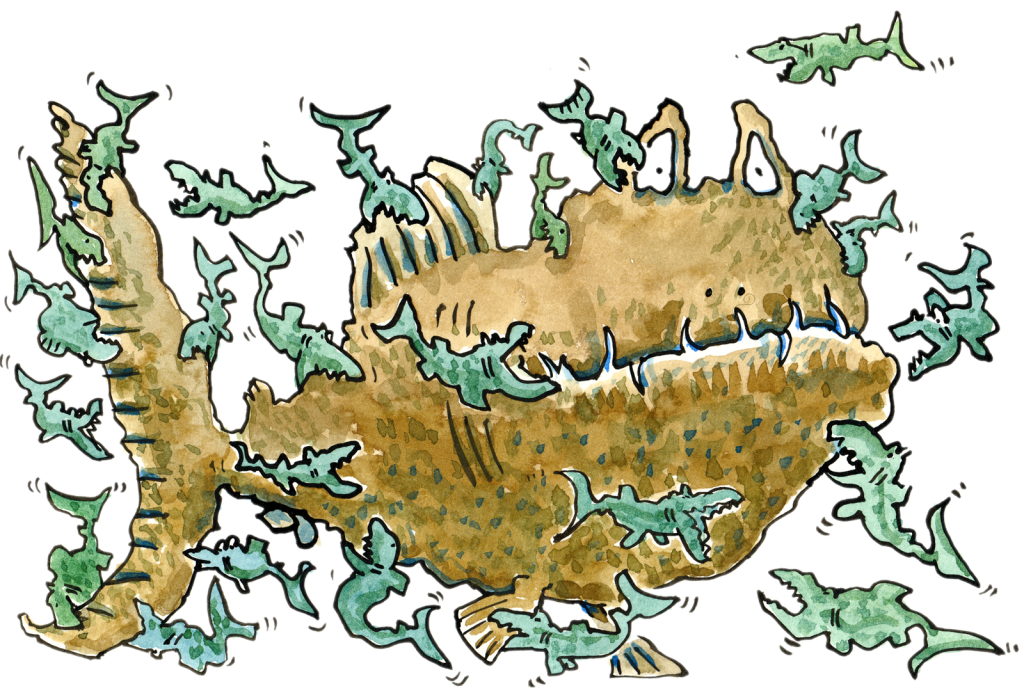By Devraj Singh Kalsi



I went to the local Book Fair and bought ceramic coffee mugs. There was a big stall selling woollen garments. I chose a comforter. Wrap myself in it and sit in the balcony area, holding a coffee mug and a good read.
I came across another stall selling holidays. A travel and tour agency reviving itself after the pandemic. It offered discount packages to distant places of interest. The nearby places were more expensive. A tour to Bangkok was cheaper than a tour covering North Bengal. The images of reading books on a hammock by the seaside seeded my desire to try out such a holiday. During winter, the package tours to the seaside were also sold out. I took some pamphlets and compared the best value offers that I could browse when I reached home and decide where to unwind in the company of books, where to swing in the delight of reading under the shady palms and bask in the winter sun. Reading was not the concern, the spot for reading was more important. The perfect backdrop for photo albums.
Some stalls were selling casual wear. I made up my mind to try something chic and warm for the winter months. Sometimes, I have to take a selfie while reading and post it on social media handles. I have to be careful about the quality and colour. It should be sober and sombre. I came across a furniture store selling bean bags. I decided to buy one for a cosy corner in the living room. For some weeks, it would become the hangout zone. I booked one as it was offering free home delivery.
My next stop was a new stall of a branded lens for glasses. It was offering free eye testing facility and a free frame on the first order booked at the fairground. I lapped up the offer of a free computerised eye test without knowing anything about its reliability. The result was disappointing. My vision was faulty. He gave me a slip, asking me to meet the optician at the brick and mortar store within seven days and order progressive spectacles. The onset of bifocal vision was certainly not an indicator of any progress in my vision or career.
As I was battling this new reality, I came across a stall selling brand new noodles. A free trial offer made me stand in the queue that was longer than a noodle. Accessories matter a lot. Somewhat old-fashioned when it comes to displaying a writing instrument in my shirt pocket, I hovered around the stationery stall selling dot and gel pens, colourful pencils, sharpeners, erasers, and markers, jostling with a group of school kids, reaching out to grab as many as possible from the tempting ‘Buy One Get Free’ baskets before the stock disappeared. I took some notebooks and notepads for portable use, to jot down those fleeting thoughts that assail me during my long walks. There was another section selling cover files. I took some transparent ones to keep the rejection letters intact, just like prized academic degrees. Some were fit to archive the printouts of the sample chapters.
My next stop was a store selling lampshades and fancy reading lamps. My strategy of picking up the profitable buys guided me to opt for a hefty one with a hefty discount. I felt happy to get one for my writing desk, good to place it in a corner. This would brighten up the table though it would occupy a lot of space. Its strong metal base would keep it steady – to resist the winds of change blowing in through the wide window kept open almost the entire day. The dark corners of the imaginative mind would also be lit up well.
I had done lots of impulsive shopping. But thankfully, most of the selected items in my cart were related to books. My last stop was bookstores now. Whatever energy I was left with, I wanted to spend it on books. I visited some book stalls to look for new arrivals. I found no offer better than the online ones. Standing in front of a bookshelf, I checked the discounted price and compared it online. I placed an order online as it was cheaper than the price inside the book fair. But the store gave easy access to find a list of good books. After placing online orders for some fiction titles, I decided to lessen my guilt. By seeking rare titles not found on any online platform. These high-priced books do not sell much. But publishers carry them to the book fair stall. I checked many times and found out-of-stock responses from the online stores. But those books turning yellow were right there in front of me. I stopped myself from buying these because of very low or zero discount.
I was carrying a full shopping bag made of eco-friendly jute but without any books in it. No, I was not assailed with guilt. It was a fully justified and meaningful shopping spree. Most of the things I purchased were related to the reading process. I should not blame myself for wasting money on irrelevant items that one should not buy – not at least from a book fair.
Near the exit gate, there was a fast-food stall selling egg rolls. I gobbled up a spicy double egg roll really fast, to beat hunger pangs. I quenched my thirst with a bottle of chocolate flavoured drink. Instead of feeding the insatiable hunger for books and quenching the thirst for reading books. I left out books from the list of purchases at the book fair I visited and felt closer to large crowds of people who visited the book fair to buy everything except books.
.
Devraj Singh Kalsi works as a senior copywriter in Kolkata. His short stories and essays have been published in Deccan Herald, Tehelka, Kitaab, Earthen Lamp Journal, Assam Tribune, and The Statesman. Pal Motors is his first novel.
PLEASE NOTE: ARTICLES CAN ONLY BE REPRODUCED IN OTHER SITES WITH DUE ACKNOWLEDGEMENT TO BORDERLESS JOURNAL.












